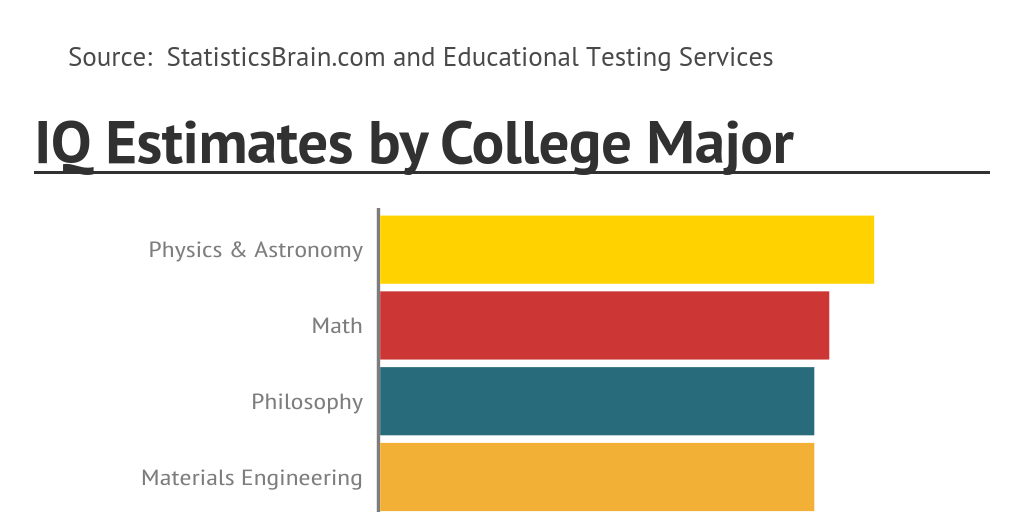What Should I Major In? Top Tips to Decide.

Choosing the right college major is a pivotal decision that can shape your future career and personal growth. With countless options available, it’s easy to feel overwhelmed. Whether you’re a high school senior or a college student considering a change, this guide will help you navigate the process with confidence. Below, we’ll explore top tips to decide what to major in, tailored for both informational and commercial intent audiences.
1. Assess Your Interests and Passions

Your major should align with what you genuinely enjoy. Start by reflecting on your hobbies, favorite subjects, and activities that excite you. For example, if you love solving puzzles, STEM majors like computer science or engineering might be a great fit. If writing and storytelling are your strengths, consider English or communications.
📌 Note: Don’t force yourself into a major just because it’s popular or high-paying. Passion drives long-term success.
2. Evaluate Your Skills and Strengths

Take an honest look at your abilities. Are you great with numbers? Finance or accounting could be ideal. Do you excel in teamwork and leadership? Business or management might suit you. Use online assessments or career counseling services to identify your strengths.
3. Research Job Market Demand

For those with commercial intent, consider the job market outlook for your potential major. Fields like healthcare, technology, and sustainability are growing rapidly. Websites like the Bureau of Labor Statistics (BLS) offer valuable insights into job growth, salaries, and required skills.
| Major | Job Growth (2021-2031) | Median Salary |
|---|---|---|
| Nursing | 6% | $77,600 |
| Computer Science | 21% | $93,000 |

4. Consider Earning Potential vs. Fulfillment

While a high-paying career is attractive, it’s essential to balance earning potential with personal fulfillment. For instance, education majors may earn less but find immense satisfaction in teaching. Conversely, finance or law careers offer higher salaries but may come with more stress.
5. Explore Electives and Minors

If you’re unsure about committing to a single major, take advantage of elective courses or minors. This allows you to explore diverse fields without fully committing. For example, pair a psychology major with a business minor to broaden your career options.
6. Seek Advice and Mentorship
Talk to professors, alumni, or professionals in fields you’re interested in. Their insights can provide clarity and help you make an informed decision. Many colleges offer career fairs or mentorship programs to connect students with industry experts.
Checklist: How to Choose Your Major
- Reflect on your passions and interests.
- Assess your skills and strengths.
- Research job market trends and demand.
- Balance earning potential with personal fulfillment.
- Explore electives and minors for flexibility.
- Seek advice from mentors and professionals.
Deciding on a major is a journey of self-discovery. By combining self-reflection, research, and practical advice, you can choose a path that aligns with your goals and aspirations. Remember, your major is just the beginning—it’s the skills, experiences, and connections you build along the way that truly define your career.
Can I change my major later?
+Yes, many students change their majors during college. It’s important to explore your options early to avoid delays in graduation.
How do I know if a major is right for me?
+Take introductory courses, talk to current students, and consider internships or job shadowing to gauge your interest.
Should I choose a major based on salary?
+While salary is important, prioritize a field that aligns with your interests and values for long-term satisfaction.
Related Keywords: choosing a college major, best college majors, career advice, job market trends, STEM majors, high-paying careers, career fulfillment.



